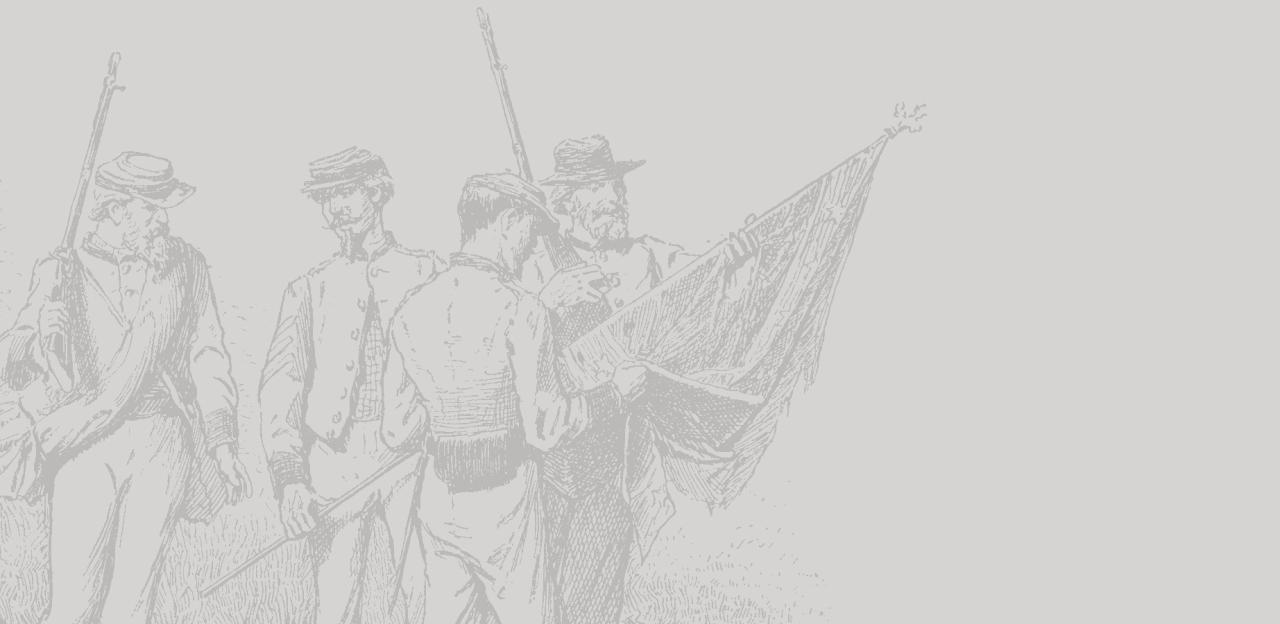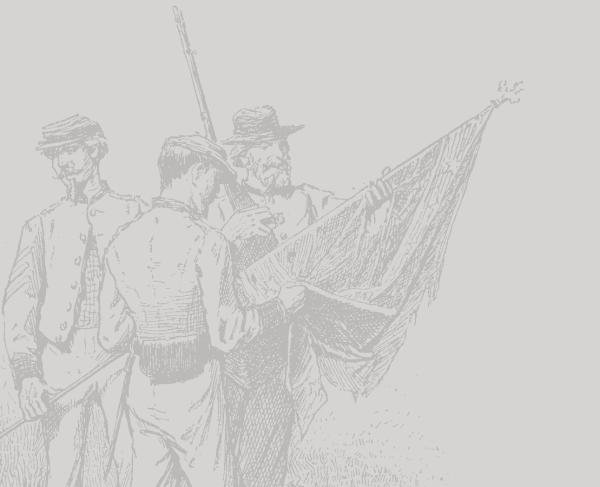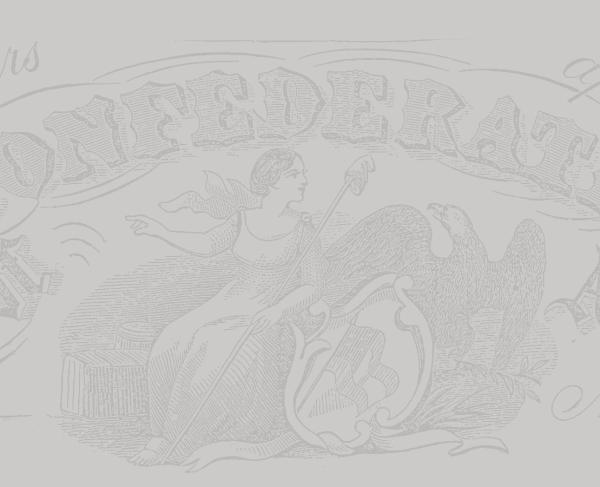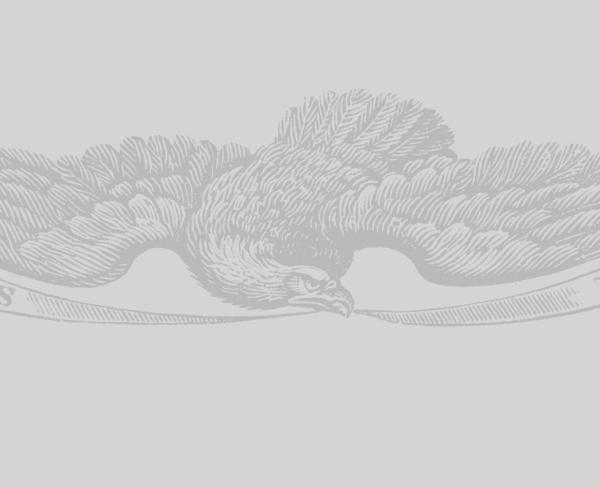The 17th New York at Second Manassas

As part of Brig. Gen. Dan Butterfield’s brigade of Fitz John Porter’s Fifth Corps, the Seventeenth New York was in the first wave of Porter’s attack on the Deep Cut. Major William Grower, acting regimental commander at the time of the battle, was wounded during the engagement and completed this report from a New York City hospital.
SIR: I have the honor to submit the following report of the part taken by the Seventeenth Regiment in the action of Groveton, or Bull Run, on Saturday, August 30, 1862:
Lieutenant-Colonel Bartram being absent from the regiment (acting as chief of staff to General Butterfield, commanding the division), I assumed command. Our brigade arriving on the field after a sharp march of 5 or 6 miles, I received orders to from line on the left of the road and facing the woods, in which the enemy’s skirmishers were already quite active. The men, who had had no time to get their breakfasts, now commenced cooking their coffee amidst the fire of artillery, the shot and shell flying about thick and fast. We here lost 2 men by round shot.
I now received orders to advance and drive the enemy’s skirmishers from the woods in front. We were ordered to take up position at the edge of the woods and near the road. The enemy’s artillery being quite active, the men were ordered to lie down. We remained in this position until 5 o’clock, when Colonel Bartram appeared with orders for the brigade to move forward. The men were up in a moment, and we advanced in the same order as before, viz, the Seventeenth Regiment forming the first line, the rest of the brigade supporting us in column doubled on the center. We crossed the road, the men scrambling over the fence at the other side, and moved forward steadily in quick-time. No sooner had we appeared in plain view of th enemy than he opened a tremendous fire of artillery and musketry on our advancing line. Nothing could surpass the behavior of our officers and men, the latter steadily closing up the huge gaps made in the ranks by the terrific fire of the enemy. Placing myself at their head, I now gave the word “Double-quick, charge,” and with a mad yell the gallant fellows rushed up the hill to what was almost certain death.
We now approached a sort of plateau, a battery on the summit of the hill playing upon us, while another on the right opened with grape and canister, completely enfilading our position. The woods on our left were full of the enemy’s infantry. We seemed entirely without support, being some distance in advance of the brigade. I was compelled to halt, and ordered men to lie down and commence firing.
I looked around with some anxiety. Most of our officers had fallen, and one-half of the men had been killed or wounded crossing the field and in the charge up the hill. Captains Wilson and Martin had fallen—the former mortally, the latter dangerously wounded. Captains Demerest and Blauvelt were shot dead while nobly cheering on their men. Captain Burleigh was also wounded, and almost his entire company swept away.
We had held the position perhaps fifteen minutes when I was myself place hors de combat by a Minie ball through the leg, shattering the bone severely. Captain Vickers the assumed command, and I believe was ordered to retire shortly afterward.
When all did so well it is difficult to make distinction. I can only speak fo those whose conduct fell particularly under my own observation. Captains Wilson, Blauvelt, Martin and Burleigh were conspicuous for their bravery. I must also mention the praiseworthy conduct of Lieutenants Foley and Sprague (acting adjutant), and also Lieutenants Reed and Green and Orderly-Sergeant Clancy, of Company H, who commanded his company through the fight after his captain fell.
In this short but sanguinary engagement our loss in killed and wounded was not less than 11 officers and 200 men, including 3 color bearers, but 87 effective men being left in the regiment at the first roll call after battle.
I am, sir, very respectfully, your obedient servant,
WM. T. C. Grower
Major, Seventeenth New York Volunteers
Related Battles
14,462
7,387


